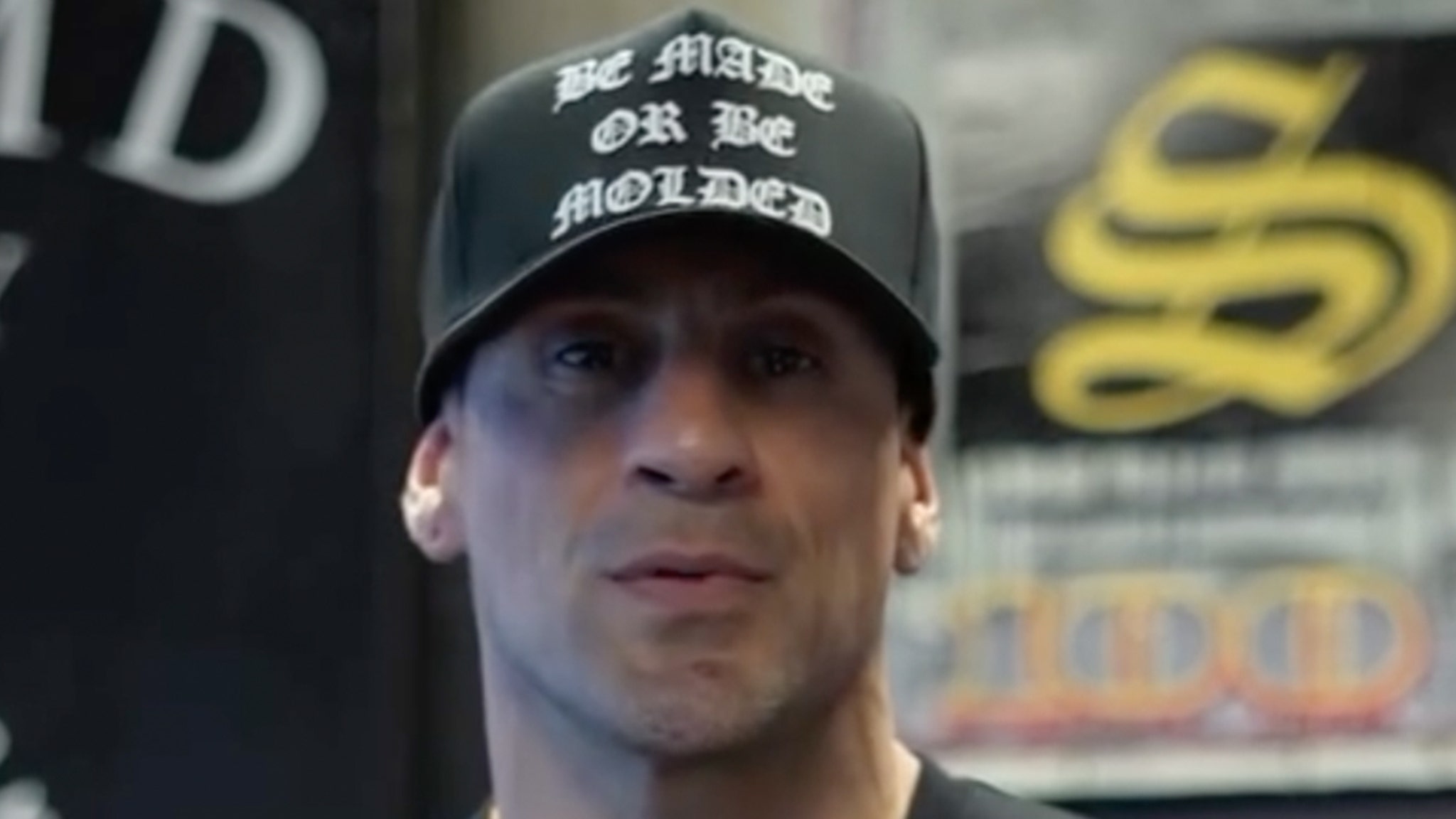Jobs
Elon Musk’s AI-dominated future with no jobs could be a dream or a nightmare

Mid-summer is peak vacation time, and if you’re taking a break from work, you may well end up wishing this period of rest and relaxation were longer. But how much longer? How about forever? Would you enjoy a life of total leisure?
Elon Musk, when asked to foresee the world’s artificial intelligence-driven future, said that’s becoming a real possibility—for everyone: “Probably none of us will have a job,” Musk said in May. “AI and the robots will provide any goods and services that you want.” Given the same prompt, legendary venture capitalist Vinod Khosla said that for countries that adapt these technologies, “The need to work in society will disappear within 25 years.” The details of what this would look like remain fuzzy. Maybe millions suffer as they’re made unemployable; or maybe the vast work-free bounty is distributed among us all.
Like it or not, Musk and Khosla are extraordinarily intelligent self-made billionaires, so one doubts them with trepidation. There’s good reason, however, to question these forecasts of a future without work, whether it’s one that leaves most of us scrabbling for sustenance or lounging in a hammock with a cooling drink. Truth is, we’ve been here before, and we’ve learned some lessons.
America in the 1960s was transfixed by the year 2000, and some imagined it as a wonderland. By then, technology would make us so productive that we’d work far less and face only the problem of how to while away our leisure time. Exactly how it would all happen was envisioned in a 1967 book called The Year 2000 by Herman Kahn and Anthony J. Wiener of the Hudson Institute. They showed how in 2000 we would be able to work a 30-hour week, take 13 weeks’ vacation every year, and still be twice as well off in 2000 as in 1965.
They weren’t even close. When 2000 rolled around, we were working every bit as hard as in the 1960s, and far more of us were working—48% of the population vs. 38%. Even so, the economy wasn’t even as big as its minimum projected size in The Year 2000. What went wrong is no mystery. The forecasters extrapolated the previous 20 years of labor productivity growth into the future, but in fact productivity growth slumped deeply. The “productivity paradox” continues and still isn’t well understood, but the lesson is clear: Extrapolating any trend decades into the future is asking for trouble.
So the Bright Future view of 2000 was wrong—but thankfully the Dark Future view that emerged around 1980 was even further off. That view was summarized in a U.S. government report titled Global 2000. With utter confidence it predicted a colder, hungrier, poorer world of poisoned seas and food wars in the streets. The mortal threat to the planet would be global cooling, not global warming, and America would have to quell food riots, not an obesity epidemic.
As with the Bright Future advocates, the Dark Future crusaders couldn’t escape the pull of the present. They quailed at the worries of the moment and projected the trend lines 20 years ahead. Those forecasters of yore, like today’s, based their predictions on economic data and equations, then extrapolated the results. But they missed critical factors that were outside their models.
Similarly, when it comes to the AI future, it’s easy to see the phenomenon Musk and Khosla are referring to: AI is already eliminating jobs and will supersede many more as the technology advances. Yet it would be imprudent to extrapolate this trend line all the way to zero jobs. Three reasons:
It’s easy to see existing jobs being eliminated. It’s almost impossible to foresee entirely new jobs that will be created. Just before the internet began revolutionizing the world, no one would have believed that people would one day make a living as podcasters, crypto miners, or social media influencers. What are the unimaginable jobs of 2030? Of course proponents of all-powerful AI would argue that even those unknowable future jobs, whatever they may be, would also be taken over by AI. So remember…
Humans are hard wired to value in-person interaction. We want to hear our diagnosis from a human doctor in a room, even though a chatbot could tell us exactly the same thing. When the stock market tanks, thousands of investors go to their brokers because in times of stress, we need to hear from and be heard by a person. The wonderful feeling of being in sync with someone derives from actual synchronization: When we talk to someone face to face, in person, the same areas of our brains light up at the same time. If we have the same conversation digitally, the synchronization disappears. This innate aspect of human experience will not change anytime soon.
We are more fulfilled when we work. Sigmund Freud famously said, “Love and work, work and love—that’s all there is. Love and work are the cornerstones of our humanness.” Few people of working age will find meaning in a life of eternal vacation.
As AI gallops forward, the great danger is ignoring the human factor. Let’s accept that we humans are guaranteed to do illogical, inefficient things. For as long as people are in charge, those human imperatives will not be denied.







/cdn.vox-cdn.com/uploads/chorus_asset/file/25626295/247263_iphone_16_pro_AKrales_0799.jpg)
